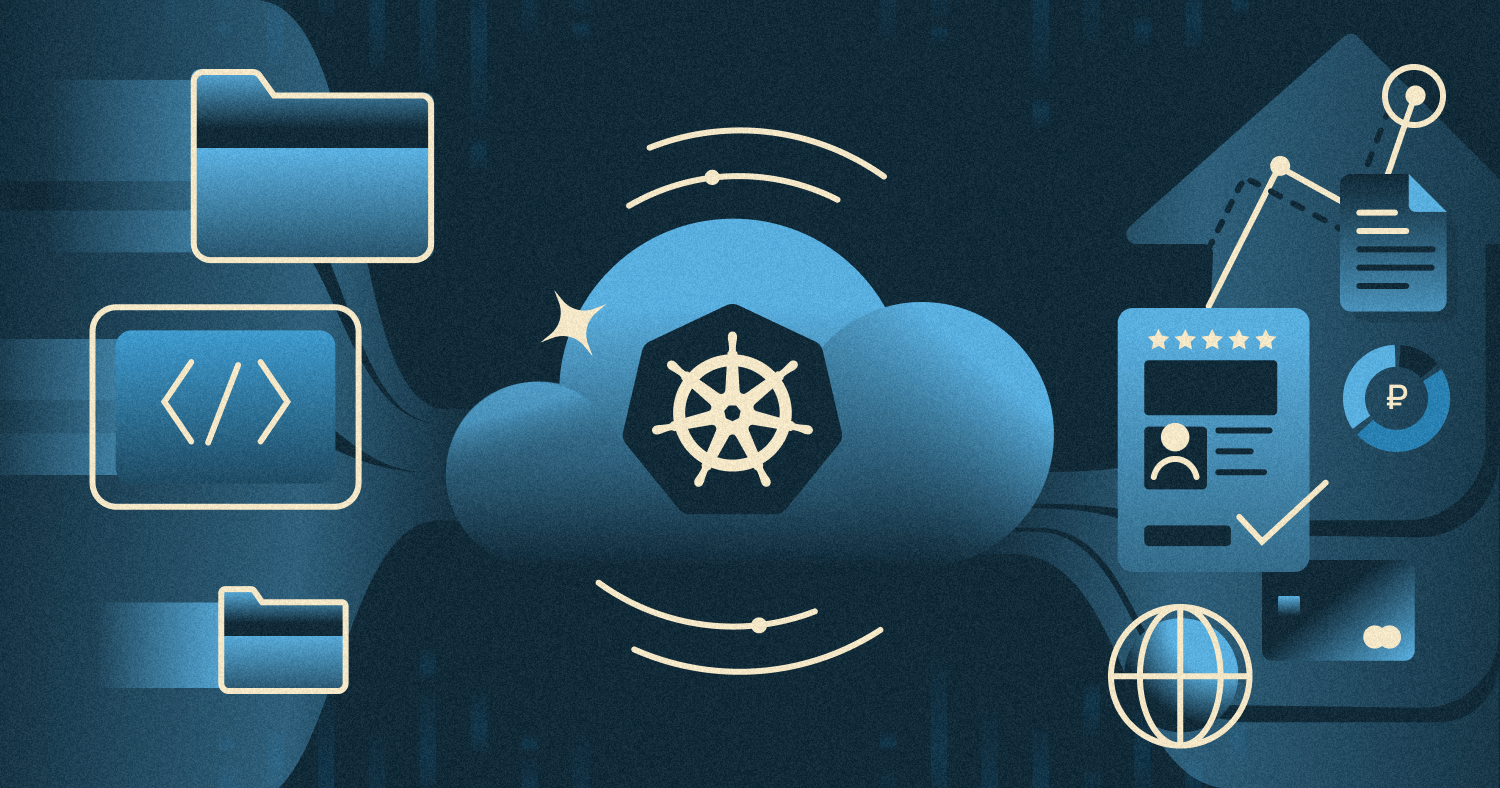Do you want to save and manage your personal Docker images in a safe, private environment? A private container registry is the best solution for any business looking for an easy way to ensure their sensitive information is protected. It is now more important than ever to use self-hosted alternatives which will provide more secure authentication layers and authorization layers. This can also help ensure compliance on multiple platforms. If you’re new to Docker or you’ve managed several hundred containers using Kubernetes prior to that, having access to private registry services allows teams to take greater control over the development pipelines and rapidly deploy ready-to-use applications without having to worry about security issues that could arise.
In the age of containerization, the use of container registries has become an important component for deploying software applications. To ensure that all images are contained within a software application, developers can use either a public or private registry. Private registries allow for tighter security and control over who is able to view the images. However, they also offer numerous options for accessibility and availability. It can be challenging to determine the right registry for your particular project. However, by weighing the pros and cons, you’ll be able to make an informed decision. It all depends on the level of security, level of control, and the accessibility level which is required.

Container management is essential to the success of any company in today’s fast-paced software development. Private container registries enable businesses to effectively store, manage and distribute images from containers.
A private container registry can also be called a private docker registry or a docker registry. It’s a repository that is able to store images for containers in a secure manner. It allows developers to control container images on a central level and to share them with other teams and applications. Private container registries are crucial for companies that use container-based apps and who wish to keep their images private and safe.
A private container registry could be seamlessly integrated with the most popular cloud computing solutions. It lets companies scale storage requirements while ensuring an efficient and secure software delivery process. Due to the rising popularity of containerization as well as container orchestration tools such as Kubernetes private container registries have become a crucial part of any modern software development pipeline.
Private container registries have several advantages over public registries. They allow more control over access and permissions. A private registry allows organizations to design customized access control policies that make sure only authorized users have access to gain access to container images. This blocks access to unauthorized users and reduces security risks.
Private container registries offer optimal network responses, which can increase the speed of retrieval of images. When images are saved in a private registry, they’re typically located closer to the place where they will be utilized. This decreases delay and boosts the overall performance of the application.
Private container registries also give the ability to customize access controls. Private registry businesses can set up precise access control policies that allow certain groups or users to have access only to specific containers’ images. This will ensure that only authorized individuals are able to access sensitive or proprietary images in containers.
Private container registries do not just allow you to safely and efficiently manage images in containers but also several other options that can simplify the management of containers. Private container registry providers can provide automatic scanning of images as well as vulnerability detection. These features can help to spot potential security problems before they become a significant issue.
Private container registry providers offer businesses a range of deployment options. They are able to choose the best strategy for their requirements. Some private registries offer on-premises options for deployment that are beneficial for businesses that require the ability to store the images of their containers locally for regulatory or compliance purposes. A cloud-based deployment is a different option that is economical and flexible, especially for large-volume container image management.
When choosing a private container registry there are many factors to consider. The security of your container images is an important consideration. To protect container images from unauthorized access and security threats, a private registry must provide robust security measures such as access control, encryption, and scans of images.
Easy use is another factor to consider. A private registry must be simple to use, with an intuitive interface and easy-to-read documentation. It should also offer seamless integration with popular container orchestration tools like Kubernetes that make it simple to manage images from containers in an advanced software development pipeline.
The ability to scale is an additional aspect to take into consideration. As an enterprise grows and its container image storage requirements increase, the registry must be able to scale to meet these requirements without compromising performance or security.
A private registry of container images is an important part of modern software development pipelines. It provides a secure and efficient way to manage containers, allowing organizations to scale their storage requirements effortlessly. With optimized network responses with customized access control as well as seamless integration with the major cloud computing providers Private container registry providers provide a hassle-free solution to container management.
